In situ delivery of Interleukin-7 to adjuvant vaginal vaccines
Responsable du Stage : Magali Rancez
Tél : 01 40 51 65 24 …… Fax : 01 40 51 65 35……… E-mail: anne.couedel@inserm.fr
Institut Cochin, https://www.institutcochin.fr/la-recherche/3i/equipe-hosmalin/il7-comme-adjuvant
Résumé du Projet de Stage
Despite tremendous work on vaccine development over the last decades, mucosal immune responses remain difficult to trigger and we still need to propose new vaccine strategies to specifically target mucosal immunity. The main objective of the project is to investigate the capacity of IL-7 to enhance mucosal immune responses to locally administered viral antigens. Indeed, we demonstrated that this cytokine is produced in infected mucosae (Ponte et al. 2017) and is able to trigger local expression of chemokines when administered either locally (Logerot et al. 2021) or systemically (Beq et al. 2009), leading to massive immune cell homing into targeted mucosae. We thus hypothesize that locally delivered IL-7 can act as an efficient adjuvant to trigger mucosal immune responses to vaccines.
This project aims to explore how locally administered IL-7 predisposes mucosae to elicit efficient and long-lasting specific T and B mucosal immune responses against locally delivered antigens. We will focus on vaginal mucosae, a major portal of entry for many pathogens. Indeed we already showed in the macaque model that IL-7 sprayed on vaginal mucosae before local delivery of a model antigen (Diphtheria Toxoid –DT) triggers a stronger and a more prolonged specific mucosal immune response (Logerot et al. 2021). We now propose to explore, in a mouse model of HSV-2 (Herpes simplex virus type-2) infection, the establishment of the vaginal immune response and it’s efficacy in protecting against vaginal infection. This model will allow to better understand the mechanisms involved in the adjuvant property of IL-7 in the vaginal mucosae and to better characterize the IL-7 triggered mucosal immune response able to protect against a virus infection. Moreover, in the case of HSV-2, no efficient human vaccine is available.
Aims for the Master 2 :
- Confirm IL-7 adjuvant properties in the mouse model with a model antigen DT. Techiques already used in the lab after local administration of IL-7 in mice will be used (ELISA, Immunochemistry and FACS)
- Evaluate T and B cell mucosal immune response and correlates of protection in the HSV infection model. Techiques already used in the lab after mucosal immunization against Influenza virus in mice will be used (ELISA, immunochemistry, FACS, PCR and in situ hybridazition)
This work will establish the prerequisites of the use of IL-7 in vaginal vaccine and will allow to go further in the macaque model, next step necessary to validate a mucosal vaccine against HSV.
Dernières Publications en lien avec le projet :
- Logerot S, Figueiredo-Morgado S, Charmeteau-de-Muylder B, Sandouk A, Drillet-Dangeard A-S, Bomsel M, Bourgault-Villada I, Couedel-Courteille A, Cheynier R, Rancez M. IL-7-adjuvanted vaginal vaccine elicits strong mucosal immune responses in non-human primates. Front Immunol. 2021 doi:10.3389/fimmu.2021.614115
- Ponte R, Rancez M, Figueiredo-Morgado S, Dutrieux J, Fabre-Mersseman V, Charmeteau-de-Muylder B, Guilbert T, Routy JP, Cheynier R, Couëdel-Courteille A. Acute Simian Immunodeficiency Virus Infection Triggers Early and Transient Interleukin-7 Production in the Gut, Leading to Enhanced Local Chemokine Expression and Intestinal Immune Cell Homing. Front Immunol. 2017. doi:10.3389/fimmu.2017.00588.
- Rancez M, Couëdel-Courteille A, Cheynier R. Chemokines at mucosal barriers and their impact on HIV infection. Cytokine Growth Factor Rev. 2012 Jun 22.
- Beq S., Rozlan S., Gautier D., Parker R., Mersseman V., Schilte C., Assouline B., Rancé I., Lavedan P., Morre M. and Cheynier R. Injection of Glycosylated Recombinant Simian IL-7 Provokes Rapid and Massive T-cell Homing in Rhesus Macaques. Blood 2009, 114 :816-825.
Ce projet s’inscrit-il dans la perspective d’une thèse :
oui X
ED d’appartenance : BioSPC
FicheaccueilM2-BMC-2021-2022-Cheynier 1
Intitulé de l’Equipe : Dendritic cells and B cells in their microenvironment during viral infections and cancer
Intitulé de l’Unité : Université de Paris, INSERM U1016, CNRS UMR8104
Nom du Responsable de l’Unité : Couraud Pierre-Olivier
Nom du Responsable de l’Équipe : Cheynier Rémi/ Hosmalin Anne
Adresse : Institut Cochin 27 rue du Faubourg Saint Jacques, 75014 Paris

